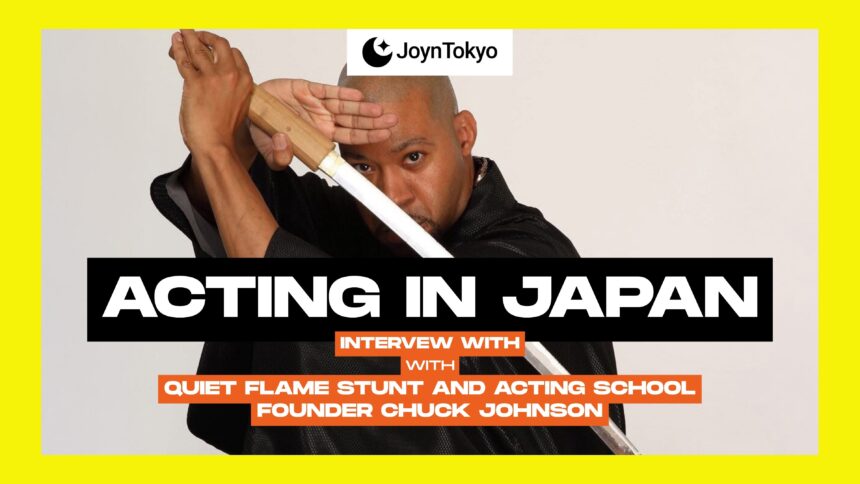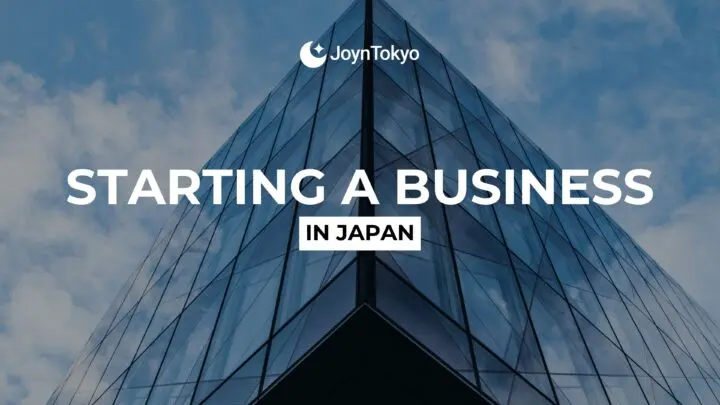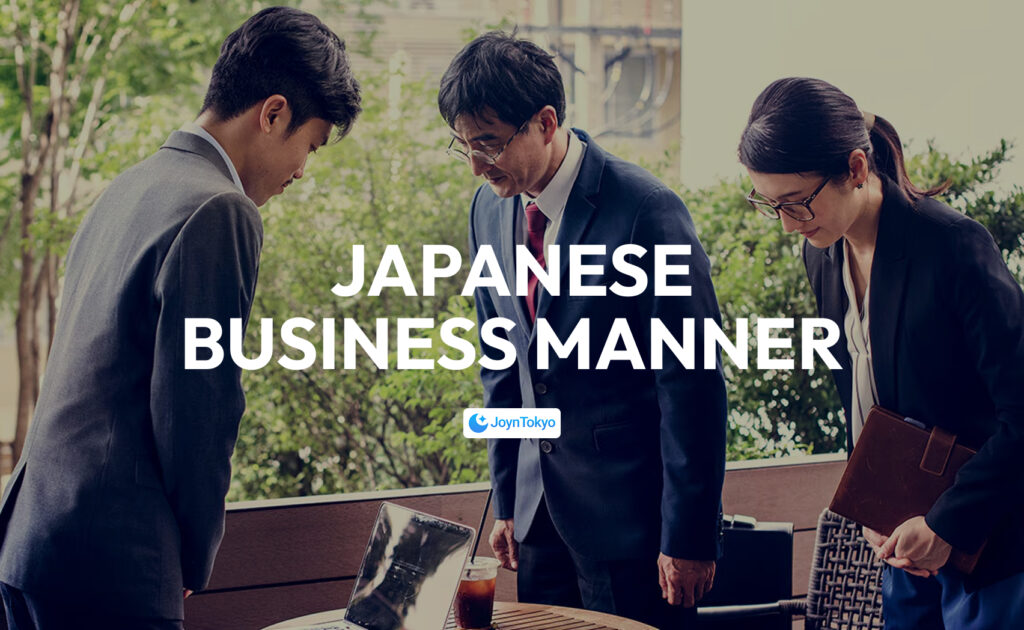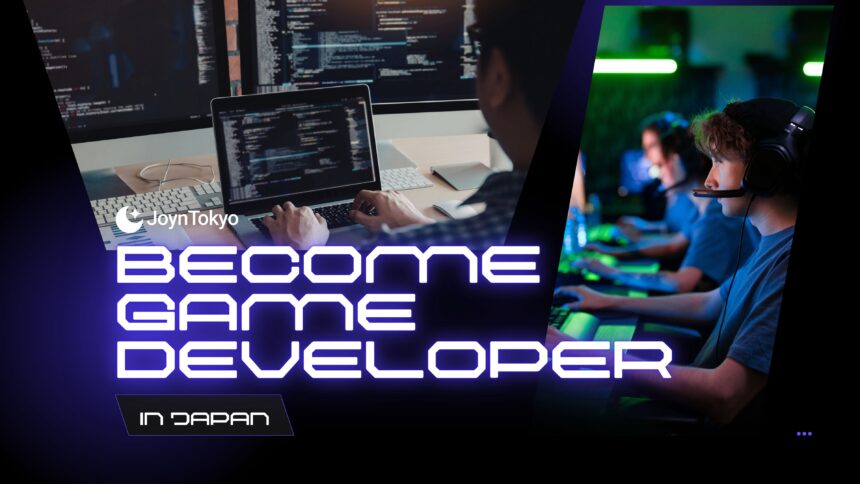When you think of acting in Japan, many expats think of getting into voice acting, or working as extras. These may not be the most reliable or glamorous acting gigs, but they are easily accessible.
Some actors, though, may have already established themselves outside of Japan, as stunt actors, or as action actors. Or perhaps you haven’t yet gotten into this area of acting, but now that you’re in Japan, you want to try.
Well, what can you do? How can you get started acting in Japan? JoynTokyo was lucky enough to sit down with Chuck Johnson, the founder of Quiet Flame, a Japan-based action, stunts, and martial arts acting institution. So, how did he do it — and how can you?
Early Embers of Acting in Japan
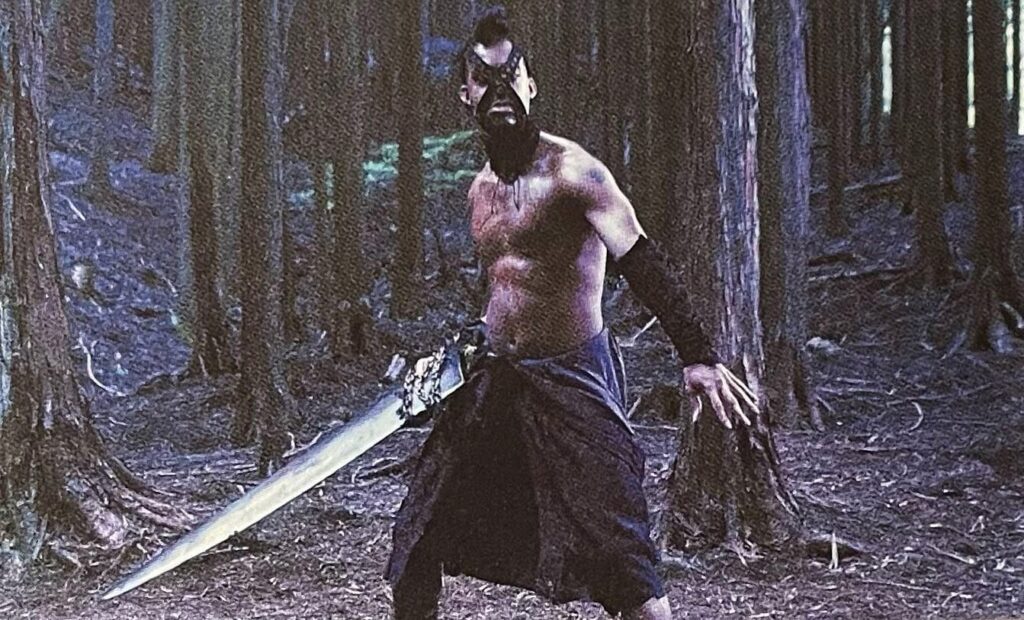
The first thing on my mind as I sat down with Chuck was, of course, how he got started in this area of acting? Well, as with many successes in life, it came down to two things: a little bit of luck, and a lot of preparation.
“I’d won national taekwondo championships in the US, and I thought that, as I had already lived in China and Korea, I’d take some time in Japan before doing my Master’s degree back home. After just a week, because I was tall, muscular, and knew how to fight, I was hired as a celebrity bodyguard.
“Not long after, I went to a modeling agency, to supplement my income, and after they took some pictures of me doing a flying kick, I was asked to be a martial arts extra, where I met the then up-and coming action director, Yuji Shimomura.”
As with so many artistic pursuits, this helped Chuck get his foot in the door, but it was hardly easy from there. Although he did have the advantage of being one of the few Japan-based martial arts expert foreigners, he still dedicated himself to training. For three years, pickings were a little slim, until 2005.
“That was when Shimomura cast me in his film Death Trance, and after that, I became the go-to guy for a non-Japanese martial arts actor, usually a villain,” he says.
Becoming A Stunt and Action Expert — and Teacher
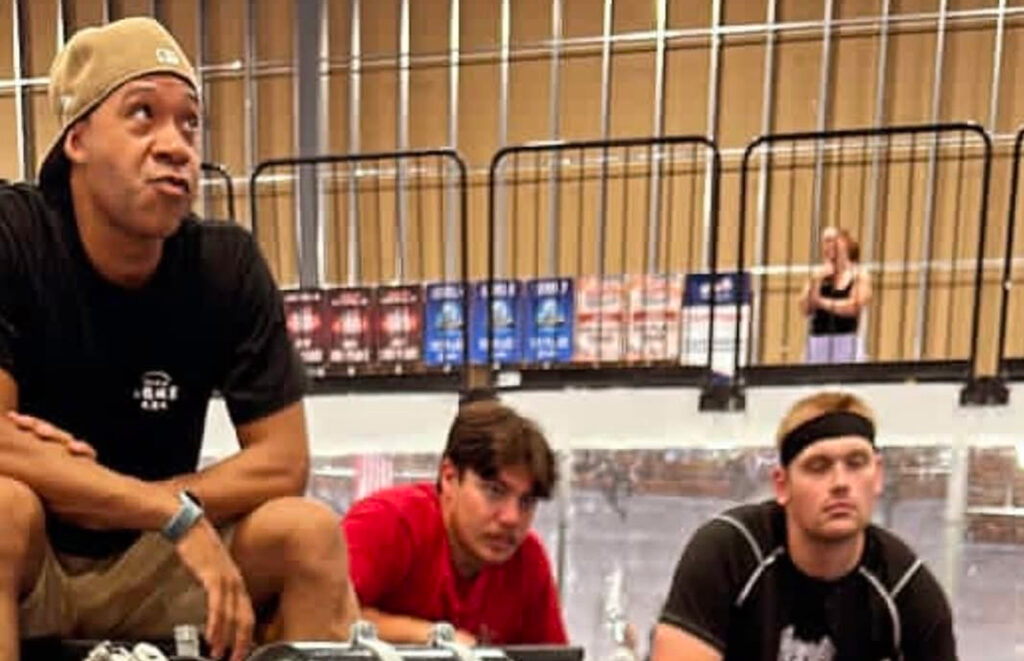
Upon his return, Chuck studied with the Society of American Fight Directors where he learned theatrical stage combat, before joining the International Stunt School, which trains only 50 people per year. The organization is so renowned, Chuck explains, that: “It’s hard to work in Hollywood – whether the production is big or small – without running into stunt performers or coordinators that came from the school.”
As part of this, he learned stunt combat techniques. While the difference between these categories may seem arbitrary to laymen, there are subtle but significant differences between them.
“The two disciplines are cousins, but they aren’t the same,” he says. “When you’re acting in the theater, everything is only from one angle — and it’s a wide angle. Everything has to be big, because even the people sat in the back need to be able to see and understand what is happening.
“Whereas, on film, there are many different camera angles, including close-ups. This means that you can whisper, and the small details of facial expressions can be displayed. As such, film acting and stunt work is much more subtle than theater combat acting.”
He also emphasizes the importance not only of mechanical acting (for example, the instruction, “raise your left arm”) and the emotional side (“because you are a child trying to catch a balloon you have just let go of”).l These two aspects of acting apply to theater and film, not only in close up dramatic scenes, but also in action. After all, a fight scene is always more engaging when you feel that the villain wants to attack the hero — and why.
Having learned and improved in the years since his initial wish to briefly live in Japan, Chuck felt his ambitions, and his generous nature, guiding him to share his knowledge and his passion.
Boost Your Chances of Finding the Right Opportunity!
Speak to our consultants to find out how you can start working in Japan!
Book Your FREE Consultation✓ 500+ Bookings as of 2026-03-03 ✓ English-speaking support
Starting Quiet Flame
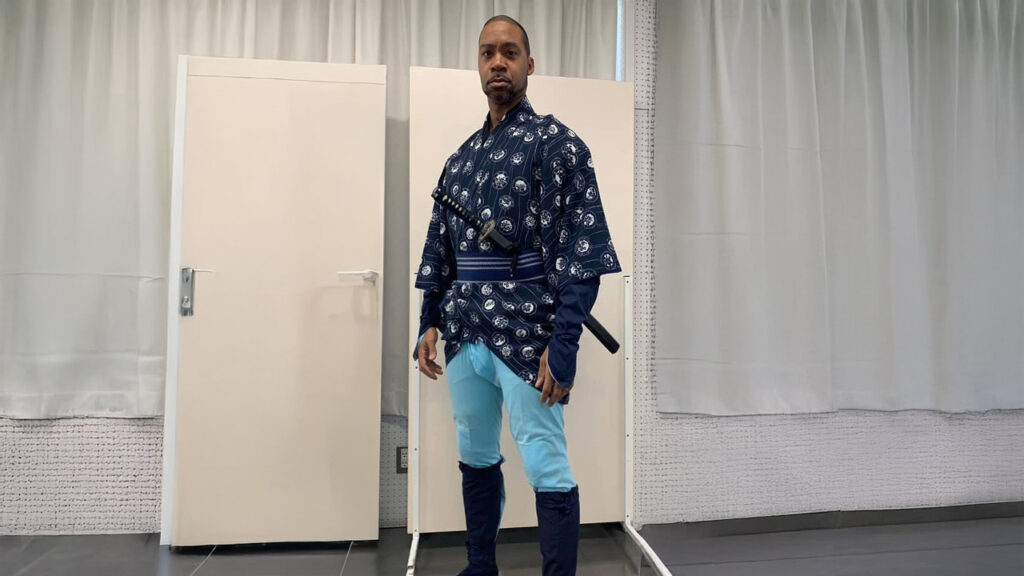
Soon, Chuck became the East-Asian fight choreography instructor for the International Stunt School, and began training more junior stunt actors. In 2015, he started his own stunt work studio and training school: Quiet Flame.
With his experience acting on stage and screen in both the US and Japan, he was able to teach not only the differences between the performance cultures, but the areas where they can be merged, becoming more than the sum of their parts. More than this, he noticed that there was one vital aspect of stunt and combat acting that was often neglected by instructors: the camera.
“I noticed that for a lot of fight scenes, we would run choreography, but we didn’t do it with the camera in mind. So I would be unsatisfied even with performances I thought I’d nailed, because I had no camera sense,” he says.
“So when I started teaching, I made sure to teach in a camera-focused way. After all, if you’re training people for film, why not use the camera? That way, we can show people where, while they might be giving a good martial arts performance, it can be refined to look better in film.”
Film Success
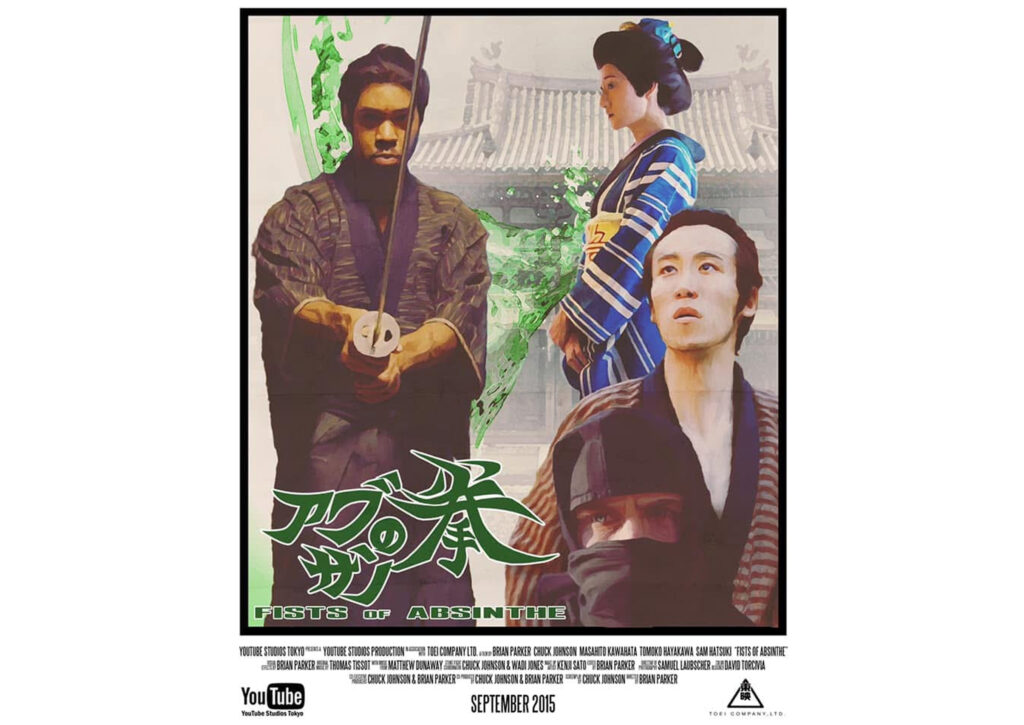
With this hybrid, camera lens-centered approach, Quiet Flame has grown to become one of the most unique and successful studios in Japan. Its first film, Fists of Absinthe, was commissioned by YouTube and co-produced with Toei Studios, and won 12 international awards for its action, storytelling and camera work. It also received nationwide distribution in Japan, and eventually distribution on Amazon Prime.
More recently, its first independently procured feature film, Eastbound Traffic, which has won just as many awards for the script alone, is based on true stories of young women coerced into sex trafficking.
“I believe in using action movies as a perfect vehicle to deliver real, impactful stories,” Chuck explains. ““My father was a peace and social activist, so I come from a social justice background, and while documentaries are great, you need to be interested in the topic before you watch, so it can be like preaching to the choir: but everybody likes watching sh*t get blown up! Action movies will attract people who want to see martial arts, but they can learn at the same time.”
Quality First Tuition and Acting
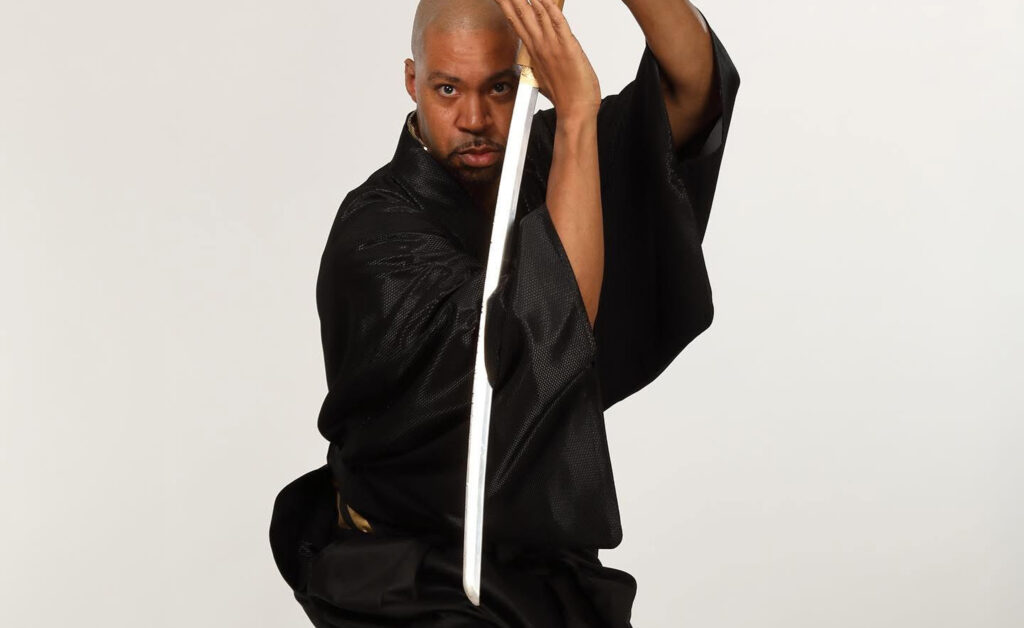
So, what advice would Chuck give to any aspiring actors today? While it is true that the acting field in Japan — even in the stonework and action spaces — is more crowded now than when Chuck began, there is one piece of advice that he can recommend to anyone: be uncompromising on effort and quality.
“If you want to act, study acting and take the craft seriously. When you get headshots, make sure they’re good. When you create quality output, especially in Japan where that is highly valued, people will take notice,” he says. “Quiet Flame started as a small YouTube channel and taekwondo school. But because I was dedicated to quality work, opportunities started coming my way.”
This goes even if you don’t think you may have what it takes at the beginning. If you keep working at it, don’t get frustrated, and don’t make excuses, your chances of making it will improve.
“There are the same different personalities and ranges of talent across the world,” Chuck tells us. “At Quiet Flame, we treat everyone the same, whether they’re experienced or not, whether they’re talented or not. They get the same curriculum and the same amount of attention. And often it’s people you least expect who go on to do amazing things, because they put in the work.”
It might be fair to say that Chuck is a big believer in the expression, “the harder I work, the luckier I get.” It has worked for himself, for Quiet Flame, and for his students. Working hard to inspire younger actors, both through his work, his education, and his words, it is hard to think of a better role model or teacher for aspiring stunt and action actors in Japan. When pressed for one last piece of advice for anyone wanting to succeed in this space, he offers a mischievous smile and four words:
“Train at Quiet Flame!”


